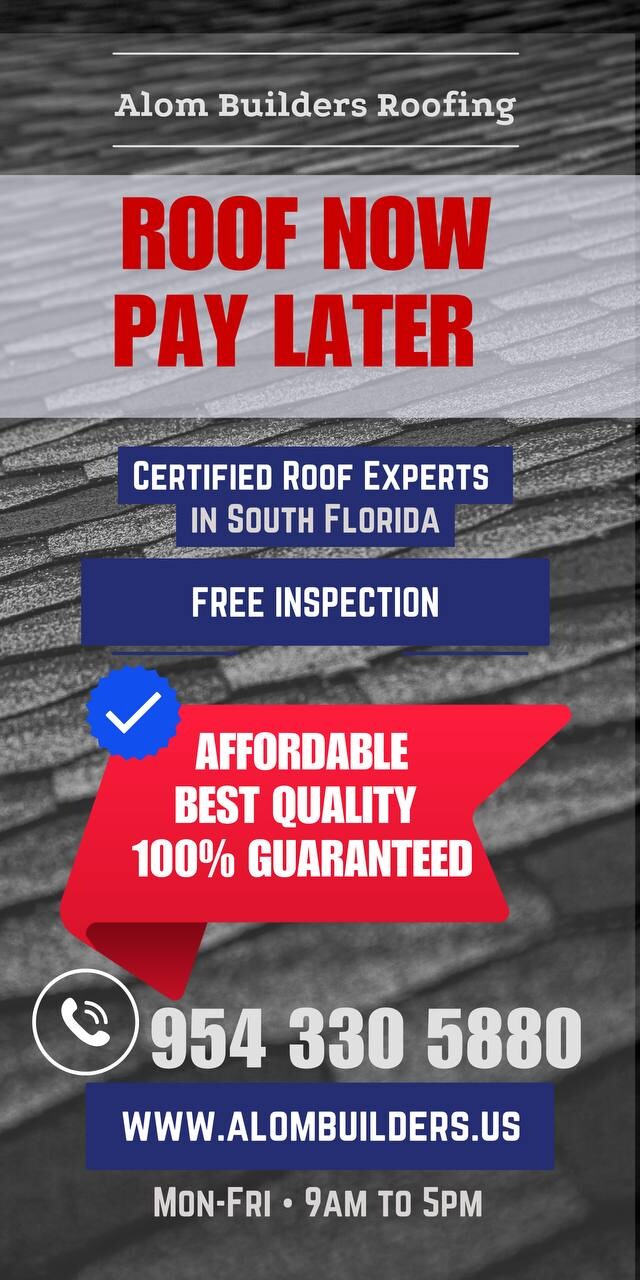[ad_1]
Stormy Weather Ahead: Roof Financing Options for Homeowners with Damaged Credit
Heavy Damage, Heavy Bills
If you’re a homeowner faced with a damaged or destroyed roof, the stress can be overwhelming. But even more daunting is the reality of affording the repair or replacement costs, especially if you have damaged credit. A damaged credit score can make it challenging to secure financing, leaving homeowners feeling stuck and helpless. However, there are roofing financing options available that cater to homeowners with damaged credit. In this article, we’ll explore the top alternatives to traditional financing options.
Credit Score and Its Impact
A credit score is a three-digit number that represents an individual’s creditworthiness. Credit scores range from 300 to 850, with higher scores indicating better credit. A damaged credit score can be caused by a variety of factors, such as late payments, credit inquiries, and high debt levels. For homeowners, a low credit score can significantly affect their ability to secure affordable financing options. Many roofing companies and lenders view homeowners with damaged credit as a higher risk, resulting in higher interest rates or denial of financing.
Private Lenders and Home Improvement Loans
Private lenders, also known as specialty lenders, offer alternative financing options for homeowners with damaged credit. These lenders understand the unique challenges faced by homeowners with poor credit and offer customized loan solutions. Private lenders often provide home improvement loans, which can be used for roofing repairs, renovations, or replacements. Home improvement loans typically have fixed interest rates and repayment terms, making it easier to budget and manage monthly payments.
Home Equity Loans and Lines of Credit
Home equity loans and lines of credit are another viable financing option for homeowners with damaged credit. These options use the equity in your home as collateral, which reduces the risk for lenders. Home equity loans offer lump-sum financing, while home equity lines of credit provide revolving credit. Interest rates for home equity loans and lines of credit may be higher than traditional mortgages, but they can provide an affordable way to finance a new roof.
Construction Loans and Roofing Bonds
Construction loans are specialized loans designed for homeowners undergoing a major renovation or repair. These loans provide funds upfront, allowing homeowners to access the necessary resources to repair or replace their roof. Roofing bonds are insurance-backed financing options that secure the loan with the home’s value. Both construction loans and roofing bonds cater to homeowners with damaged credit, offering flexible repayment terms and competitive interest rates.
Government Assistance Programs
Government assistance programs, such as the Federal Housing Administration (FHA) 203(k) program, provide financing options for homeowners with damaged credit. The FHA 203(k) program offers rehabilitation and home improvement loans, allowing homeowners to finance repairs, renovations, and replacements simultaneously. These programs often require less stringent credit requirements, making them an attractive option for homeowners with damaged credit.
Credit Repair and Monitoring
While exploring financing options, it’s essential to focus on credit repair and monitoring. Homeowners can work on improving their credit scores by paying bills on time, reducing debt, and monitoring credit reports. Maintaining a good credit score can significantly impact financing costs and availability. Consider hiring a credit repair specialist to help you navigate the credit repair process.
Avoiding Predatory Lending
When exploring alternative financing options, it’s crucial to avoid predatory lending. Predatory lenders prey on homeowners with damaged credit, offering high-interest loans or hidden fees. Homeowners should research lenders, review loan terms, and read reviews before committing to any financing option. Ensure the lender is reputable and compliant with federal regulations.
Conclusion
Stormy weather may be ahead for homeowners with damaged credit, but there are roofing financing options available to help alleviate the stress. By understanding alternative financing options, government assistance programs, and credit repair strategies, homeowners can regain control and secure the funding needed to repair or replace their roof. Whether it’s a private lender, home equity loan, construction loan, or government program, there’s a roofing financing option that caters to your unique needs.
Additional Tips and Resources
For homeowners seeking more information on roofing financing options or credit repair strategies, there are numerous resources available online. The Federal Trade Commission (FTC) offers guidance on avoiding predatory lending, while the Better Business Bureau (BBB) provides information on reputable lenders. Homeowners can also consult with a credit repair specialist or financial advisor for personalized guidance. With the right knowledge and support, homeowners with damaged credit can navigate the stormy weather and secure the roofing financing they need.
[ad_2]
 +1 954-228-7485
+1 954-228-7485 